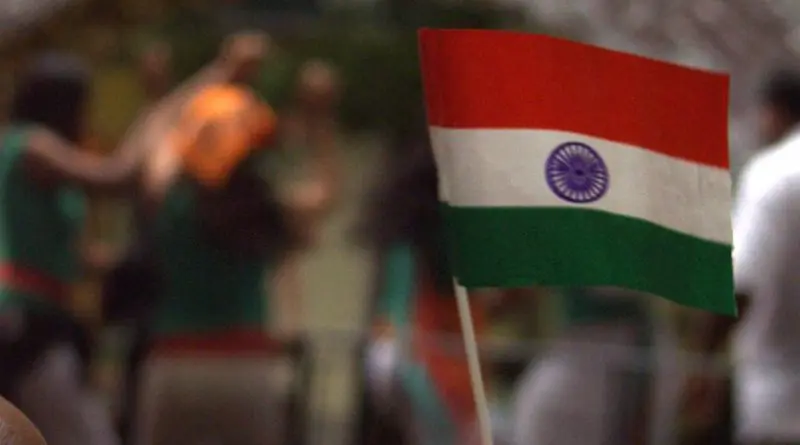Are Journalists In India Above Law And Accountable To None? – OpEd
The salient attributes of quality journalism / journalists should be strict neutrality on any issue, unprejudiced view on matters , absence of political affiliation, honest reporting without exaggeration or selective and distorted publication and courage of conviction without fear or favour. Certainly, India had seen journalists of such standards and caliber in the past. Do we have them now in adequate number?
Today, in India, most section of the media, whether print or visual, are owned by politicians, business houses or religious bodies and they mostly operate with commercial motives . They seem to think that more ugly and undesirable scenes and matter and controversial and extreme issues, even if they are of doubtful value, would get them greater viewership and readers and improve their ratings and subsequently their income. .Occasionally, even paid news are suspected.
It is seen these days that many anchors make insulting remarks during TV debates and shout at the participants who meekly submit to the anchors. In many writings in print media, use of abusive language and sharp criticism without adequate back up information is not uncommon.
In the process, credibility of media in the eyes of the people have heavily suffered but the journalists and the owners of the media do not seem to care and for them, it appears that business interests are of utmost priority.
When any action is initiated against the media personnel by the government in the wake of complaints from any source, the journalists join together like trade union members and hold protest meetings, demonstrations and use the media itself to decry the government and those who complain about the journalists and their practices.
The latest incident is the one involving Pudhiyathalaimurai, a popular Tamil visual media, which organized a meeting of politicians in Coimbatore , that was open to public.
During the meeting, one of the speakers was reported to have used abusive language against a political party and religious group, which sparked tension, threatening to disturb social amity and peace, that could cause sectarian violence. When a complaint was lodged with the police for such speech by a person in the audience in the meeting and the police filed an FIR, there is huge complaint from the journalists saying that the government is suppressing the media and free speech.
Let us analyse this case.
The media house has organized this programme with an anchor belonging to the media house conducting the proceedings. When a speaker made a provocative speech that could cause social tension, the anchor has the responsibility to ensure that such speech would not be allowed. If he would not do this and allow the speaker to go on, it means that the anchor and the particular media house is as much responsible for the provocative speech as the speaker himself. Then, what is wrong in police filing an FIR against the speaker as well as the media ?
Recently, a Tamil actor forwarded a face book message that was received by him criticizing women journalists. Then, there was huge protest by the journalists and under their pressure ,police filed FIR against the actor. The actor said that he only forwarded the message and he was not the author of the message. But, this explanation was not acceptable to the journalists and actor now has to face court trial.
Is this case not similar to the FIR filed against Pudhiyathalaimurai, the Tamil visual media ? While the journalists want action against the actor, they want the TV media to go scot free.
Journalists seem to think that they have the liberty to criticize or comment on any one or any event. How can they protest when others would subject them to scrutiny !
Do the journalists think that nobody has the authority to question them ? Do they think that they are holy cows ?
The journalists should not be under the impression that they can say anything or do anything and they are not accountable to any agency or government.
It is high time that the journalists should be firmly told to be more responsible and conscious of the dignity and value of their profession.

